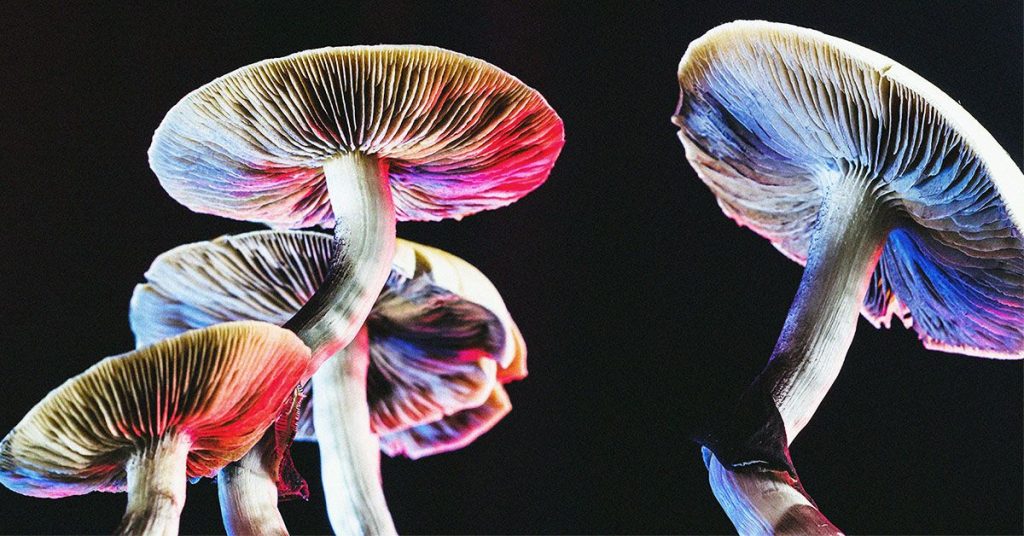Psychedelics, such as psilocybin, have shown promise in treating mental illnesses like depression. Research continues to explore the effectiveness of using psychedelics compared to traditional treatment options for mental illnesses. A recent review indicated that high doses of psilocybin were slightly more effective in treating depression than the common antidepressant escitalopram. Depression is a prevalent mental illness that affects millions of people worldwide, and researchers are interested in expanding treatment options to find the most effective medications. Using psychedelics to treat depression is an area of ongoing investigation.
Psychedelics are psychoactive substances that have the potential to treat several mental illnesses, including depression and PTSD. Examples of psychedelics include psilocybin, LSD, and MDMA. While psychedelics have shown promise in treating depression, conducting blinded studies can be challenging due to their subjective effects, leading to differing placebo effects and potential bias. A recent review compared the effectiveness of psychedelics to escitalopram, a commonly used antidepressant medication. High doses of psilocybin were found to be slightly more effective in relieving depressive symptoms compared to the placebo results seen in escitalopram trials.
The review and meta-analysis published in the BMJ included randomized controlled trials with participants who had clinically diagnosed depression. Changes in depressive symptoms were the primary outcome measured in the trials. The data from 19 trials, involving 811 participants in psychedelic trials and 1968 participants in escitalopram trials, were analyzed. Researchers found that high doses of psilocybin were slightly more effective than escitalopram in treating depression. The results suggest that psilocybin may be comparable to current antidepressant treatments, providing potentially faster and more effective relief of symptoms.
One of the limitations of the review was the potential overestimation of the effects of psychedelics compared to internal trial placebos. Researchers aimed to compare psychedelics to antidepressant placebo effects and low dose psychedelics to address this issue. The review included a broad range of depression types and studies with participants experiencing different mental health conditions, such as terminal illnesses, PTSD, and major depressive disorder. The results may not be directly translatable due to the variety of conditions studied. The review also included a small number of trials, and researchers acknowledged that future research should evaluate the long-term effects of all related medications.
Standardizing methods in psychedelic treatment, improving blinding techniques, and using more standardized psychotherapies could help increase understanding of the effectiveness of psychedelics in treating mental illnesses. Despite some limitations of the review, the findings suggest that high dose psilocybin may offer a potentially effective treatment option for individuals with depression who may not respond well to traditional antidepressant medications. Further research is needed to determine the long-term efficacy and safety of using psychedelics in treating mental illnesses, but the findings give hope for expanding treatment options for those struggling with depression.


